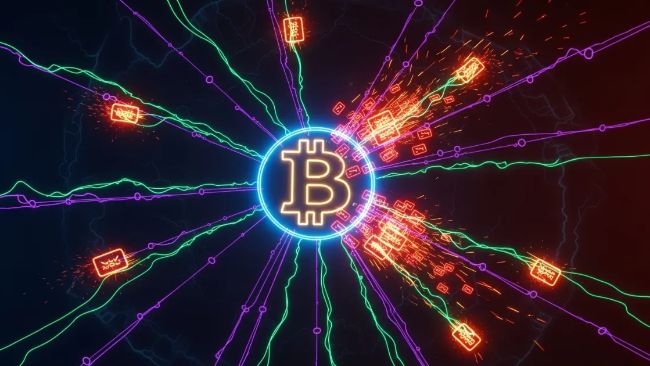In computing, denial of service assault (DoS assault;UK: /dɒs/ Dos United States: /dɑːs/ dozen(1)) is a cyberattack wherein the perpetrator makes an attempt to make a machine or community useful resource unavailable to a focused person by briefly or indefinitely disrupting the service of hosts linked to the community. – Wikipedia definition of denial of service assault.
It is a very primary idea. Somebody makes use of their sources to intrude with the functioning of different machines on the community.
DoS assaults have been an issue for so long as the Web has existed. One of many generally mentioned “first distributed denial of service (DDoS) assaults” was towards Web Service Supplier (ISP) Panix within the mid-90s. After all, there have been many technical examples with older Web providers, however this was one of many first main examples of such an assault on the fashionable World Large Internet.
On this assault, quite a few computer systems initiated a Transmission Management Protocol (TCP) reference to an ISP server, however didn’t full the handshake protocol that completes the connection. This consumes server sources for managing community connections and prevents official customers from accessing the Web via the ISP’s servers.
Since this “first” DDoS assault, DDoS assaults have been as widespread on the Web as pure storms, and it’s a common prevalence that in depth Web infrastructure has been constructed to guard towards them.
blockchain
Blockchain is one in every of Bitcoin’s core elements and a obligatory dependency for Bitcoin’s performance as a distributed ledger. Many within the discipline would discuss with so-called “spam” transactions as a DoS assault on the Bitcoin blockchain. To name it that, we have to outline the “service” that blockchain supplies as a system and clarify how spam transactions are denying that service to others in a method that was not supposed by the system’s design.
Most individuals who imagine spam is a DoS assault will say one thing like, “The service that blockchain supplies is processing monetary transactions, and spam is taking house away from the people who find themselves making an attempt to do this.” The issue is that that is not a service that blockchain supplies.
The providers we truly present are as follows: Any Consensus-enabled transactions by way of real-time auctions which can be settled periodically every time a miner finds a block. If a transaction is consensus legitimate and miners bid a excessive sufficient charge to incorporate the transaction in a block, then they’re utilizing the providers offered by the blockchain as designed.
This was a acutely aware design determination made over time through the “block dimension wars” and was in the end decided by the activation of Segregated Witness and the refusal to extend Segwit2x’s block dimension via a tough fork pushed by the foremost corporations on the time. The blockchain works by prioritizing transactions with the very best bid charges, permitting customers to freely take part in these auctions. It is a technique of allocating block house, with international limits to guard verifiability and free market pricing mechanisms.
If a transaction that some individuals arbitrarily outline as “spam” is gained on this public public sale, it isn’t a blockchain DoS. Customers use the sources as they need to and take part in auctions with different customers.
relay community
Many, if not most, Bitcoin nodes present transaction relay as a service to the remainder of the community. While you broadcast a transaction to friends on the community, the transaction is forwarded to the friends. As a result of the peering logic that decides which nodes to look with maintains a variety of connections, this service permits transactions to propagate all through the community in a short time, and specifically permits transactions to propagate to all mining nodes.
One other service is block relay, which propagates legitimate blocks in the identical method when they’re discovered. It has been extremely optimized over time to the purpose that typically all the block isn’t truly relayed, only a fast “sketches” of the block header and the transactions it accommodates, which might now be reconstructed from its personal pool of reminiscence. In different phrases, block relay optimization depends on transaction relays functioning correctly and propagating all legitimate and probably mined transactions.
If a node doesn’t have already got a transaction in a block in its reminiscence pool, it should request a transaction from a neighboring node, which takes extra time to validate the block within the course of. It additionally explicitly forwards these transactions together with the block sketch to different friends in case the transactions should not discovered, losing bandwidth. The extra nodes that filter transactions which can be categorized as spam, the longer it takes for blocks containing these filtered transactions to propagate all through the community.
Transaction filtering actively makes an attempt to disrupt each of those providers. If transaction relays fail miserably to forestall propagation to miners, and within the case of block propagation with a small however noticeable efficiency penalty, extra nodes on the community will find yourself filtering transactions.
These node insurance policies have the categorical function of degrading the community service of propagating transactions to miners and the remainder of the community, and degrading block propagation is seen as a penalty to miners that select to incorporate legitimate transactions that they’re filtering. They try and create a service degradation as a purpose and examine different service degradation ensuing from that try as a constructive.
That is truly a DoS assault and really degrades community service, opposite to the system’s design.
The place can we go from right here?
The entire Knots vs. Core or “spammer” vs. “filter” saga is nothing greater than a miserably ineffective and failed DoS assault on the Bitcoin community. Filters do nothing to forestall filtered transactions from being included in blocks. The purpose of disrupting transaction propagation to miners has not been solely profitable, and block relay degradation has been restricted to a level that doesn’t hinder miners.
I see this as a serious demonstration of Bitcoin’s robustness and resilience towards censorship and disruption makes an attempt on the degree of the Bitcoin community itself.
So what do you do now?
The BIP, by nameless authors, has been proposed to enact a brief comfortable fork that may expire in roughly one yr, and the consensus on varied methods to incorporate “spam” in Bitcoin transactions will likely be invalidated for that interval. After realizing that DoS assaults towards peer-to-peer networks had been a complete failure, most of the filter’s proponents moved on to the consensus adjustments they’d been saying had been wanted for greater than two years.
Will this actually remedy the issue? No, it isn’t. If individuals making an attempt to “spam” this forked community truly run an implementation, they’ll merely be pressured to make use of faux ScriptPubKeys to encode information in unusable outputs that bloat the UTXO set.
Due to this fact, even when this fork responds to overwhelming assist, is efficiently activated, and doesn’t lead to a sequence break up, it can nonetheless fail to realize its said objectives and “spammers” will likely be left with no alternative however to ship “spam” in essentially the most damaging approach to the community.
This publish, “Bitcoin Knot Was Nothing Greater than a Denial of Service Assault on Bitcoin” first appeared in Bitcoin Journal and was written by Shinobi.










